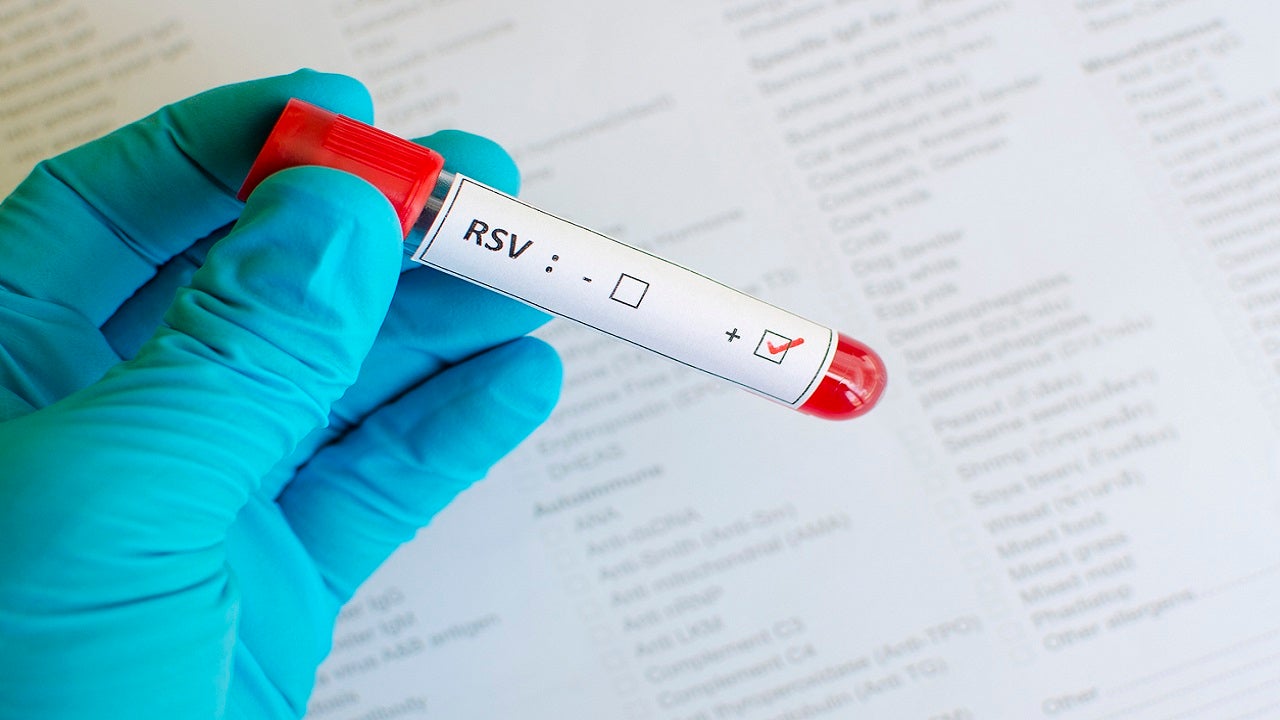Half of children in a small study who had a rare but serious inflammatory illness following a infectious-diseaseinfection developed neurological symptoms, early findings suggest.
Dr. Omar Abdel-Mannan of University College London in the United Kingdom, and member of the American Academy of Neurology, and his team shared preliminary findings Tuesday ahead of a virtual presentation at the American Academy of Neurology’s 73rd Annual Meeting.
Researchers looked at records for pediatric patients admitted to Great Ormond Street Hospital in London from April to September 2020, who met the criteria for multisystem inflammatory disorder in children (MIS-C), also referred to as PIMS-TS. The kids were 10 years old on average and 80% of patients were of non-white ethnicities.
MICHIGAN BOY WITH RARE CORONAVIRUS-RELATED INFLAMMATORY ILLNESS ENDURES 4 AMPUTATIONS
MIS-C is a condition that often causes different parts of the body to become inflamed, including the heart, lungs, kidneys, brain, skin, eyes, or gastrointestinal organs, according to the CDC, which on its website shows that state-reported cases through March 29 total 3,185 and included 36 deaths.
“With this new inflammatory syndrome that develops after children are infected with the coronavirus, we are still learning how the syndrome affects children and what we need to watch out for,” Abdel-Mannan said in an accompanying release to the findings. “We found that many children experienced neurologic symptoms involving both the central and peripheral nervous systems.”
Results indicated 24 of 46 patients with the rare inflammatory illness also had first-time neurological symptoms. Half of the entire group experienced headaches, while encephalopathy (disease of brain affecting function or structure) was reported in 14 cases. Speech issues and hallucinations were also reported but were less frequent. Fewer cases included uncoordinated movement, seizures and damage to the peripheral nerves.
The early findings suggested the neurological symptoms were seen more often in more severe cases. Patients who experienced neurological issues also had increased odds of requiring a ventilator or drugs supporting blood circulation compared to MIS-C patients who did not experience neurological manifestations, per the release.
“Children who develop this condition should definitely be evaluated for neurologic symptoms and longer- term cognitive outcomes,” Abdel-Mannan said. “More studies are needed involving more children and following children to see how this condition changes over time and if there are any longer-term neurocognitive effects.”
The news comes a week after researchers with the Centers for Disease Control and Prevention (CDC) published findings in the medical journal JAMA Pediatrics, suggesting most children who developed MIS-C had no or only mild symptoms of COVID-19 when they were initially infected.
The study looked at nearly 1,800 cases of MIS-C reported to the CDC between March 2020 and mid-January of this year. The study included children up to age 20, though most were younger than 15.
The study authors found that the majority of the patients studied — about 75% — did not experience symptoms of COVID-19 when they had a coronavirus infection. However, when the patients later developed MIS-C, typically some two to five weeks later, fever was among the most common symptoms, the CDC analysis found.
Fox News’ Madeline Farber contributed to this report.









